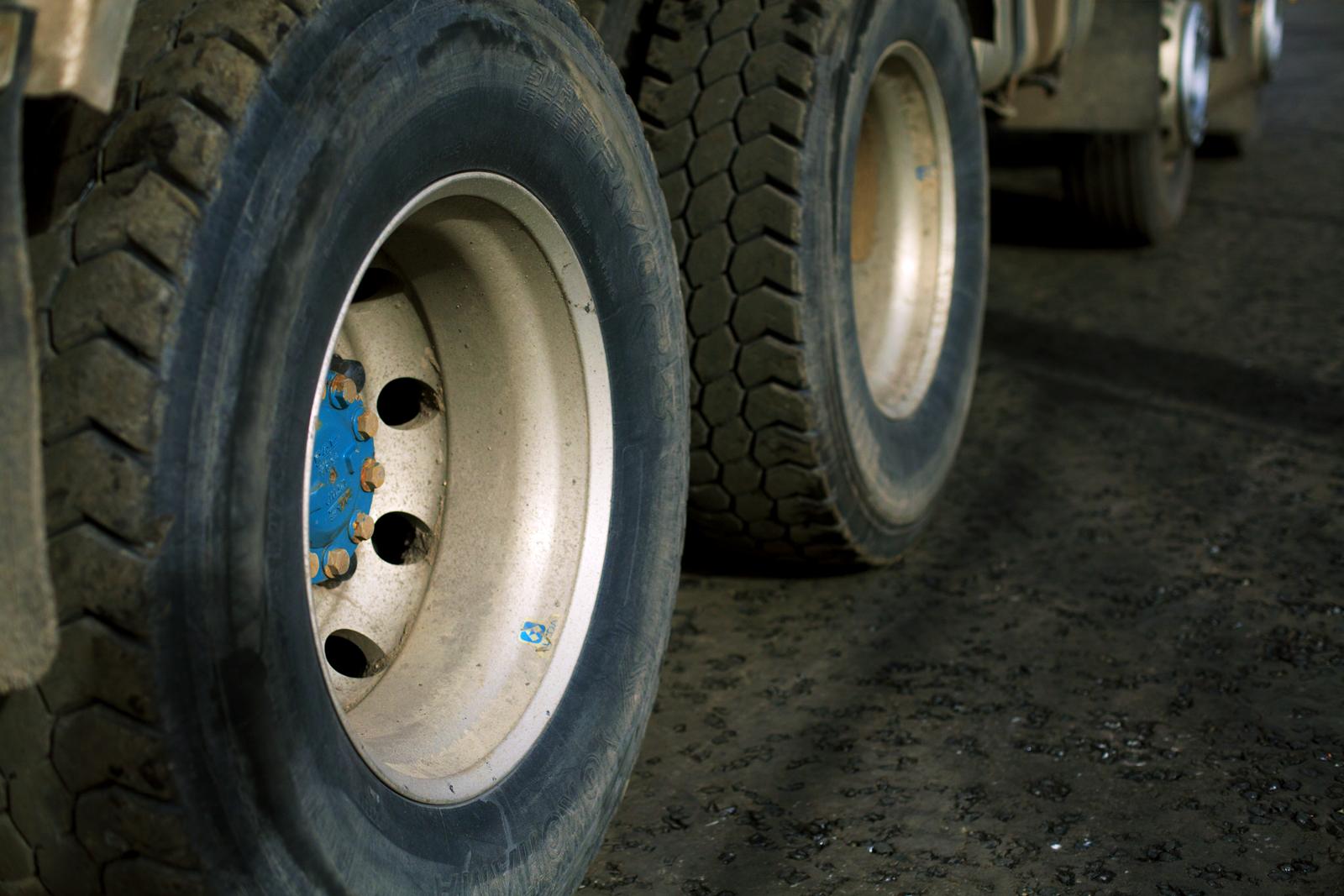TRA to review anti-Chinese-produced truck tyre tariffs

Following the news that the EU introduced new definitive duties against Chinese-produced truck tyres, and the suggestion that a UK investigation is imminent, the UK Trade Remedies Authority (TRA) has initiated “two transition reviews into anti-dumping and countervailing measures on lorry and bus tyres imported from China”.
The investigation covers “pneumatic rubber tyres, new or retreaded and used for buses or lorries, with a load index exceeding 121” and the period from 1 January 2022 to 31 December 2022. In order to assess injury, the TRA will examine the period from 1 July 2019 to 31 December 2021.
Trade remedy investigations were carried out by the EU Commission on the UK’s behalf until the UK left the EU. A number of EU trade remedy measures of interest to UK producers were carried across into UK law when the UK left the EU and the TRA is currently reviewing each one to assess whether it is suitable for UK needs.
The TRA, which should not be confused with the Tyre Recovery Association that shares the same acronym, is the UK body that investigates whether trade remedy measures are needed to counter unfair import practices and unforeseen surges of imports.
TRA estimates that the UK retreading industry contributes “around £230 million to the UK economy each year and supports 5,500 UK jobs.” Those numbers are worthy of further scrutiny for two reasons. Firstly, because they are at the top end of reasonable estimates. And secondly, because they are presented in the TRA’s official announcement without and relevant context.
Taking the second point first, TRA’s announcement probably segues from the news that it is reviewing measures against Chinese-produced truck tyres to figures relating to the retreading business because the protection of ecologically efficient retreading industry jobs was a key part of the EU’s argument in favour of duties against Chinese-produced truck tyres. The suggestion was that the any tyres associated with what might be called ‘disposable motoring’ would be used once and then discarded, something that doesn’t serve either fleets or the environment. However, such arguments should be balanced against the fact that there is a wide quality range between the top-performing Chinese-produced truck tyres and out-and-out budget tyres. Indeed, many of the leading Chinese brands have been retreaded in the UK for years already.
In addition, on a related point, if the intention associated with any potential import tariffs is to protect jobs associated with quality first-life truck tyres that certainly can be retreaded, the counter argument is that we have to accept the reality that no-one is producing first-life truck tyres in the UK anymore. And therefore everyone is importing those products.
That context helps shed light on the two figures quoted in the TRA release. TRA claims the UK retreading industry contributes “around £230 million to the UK economy”. 20 years ago, the UK truck tyre segment was 1:1 new tyres to retreads. That made the retread share about 1 million retreads at its peak. Over the years that figure fell by about 25 per cent and the latest estimate we have is that around 500,000 retreads were produced in the UK during 2022. Where you consider that the leading UK retread factories, Bandvulc/Continental, Bulldog/Bridgestone, Michelin, Vacu-Lug (in alphabetical order) are all easily capable of 100,000 and the largest of up to 200,000 retreads a year, there certainly is scope for capacity between 2022 levels and historic highs, but that doesn’t help calculate current contributions to the economy.
Indeed, if the £230 million figure is divided by 500,000, that means retreaders are selling each of their tyres for £460 at sell-in. Clearly that is three or four times the actual prices achieved, so what is more likely is that TRA are basing their figures on larger retread market output or final sell-out prices or a combination of the both.
Consultation opened
As part of the transition review, the TRA will determine whether dumping of imported tyres or importation of subsidised tyres would be likely to continue or recur if the measures were no longer applied and whether injury to the UK industry would be likely to continue or recur if the measures were no longer applied.
Businesses that may be affected by the review (such as importers or exporters of the products or UK producers of similar products) can contribute to the review by registering on the TRA’s online case platform. And, in light of the figures revealed in the initial announcement, it will be interesting to learn more about the kinds of questions TRA is asking.


 Sailun
Sailun

Comments